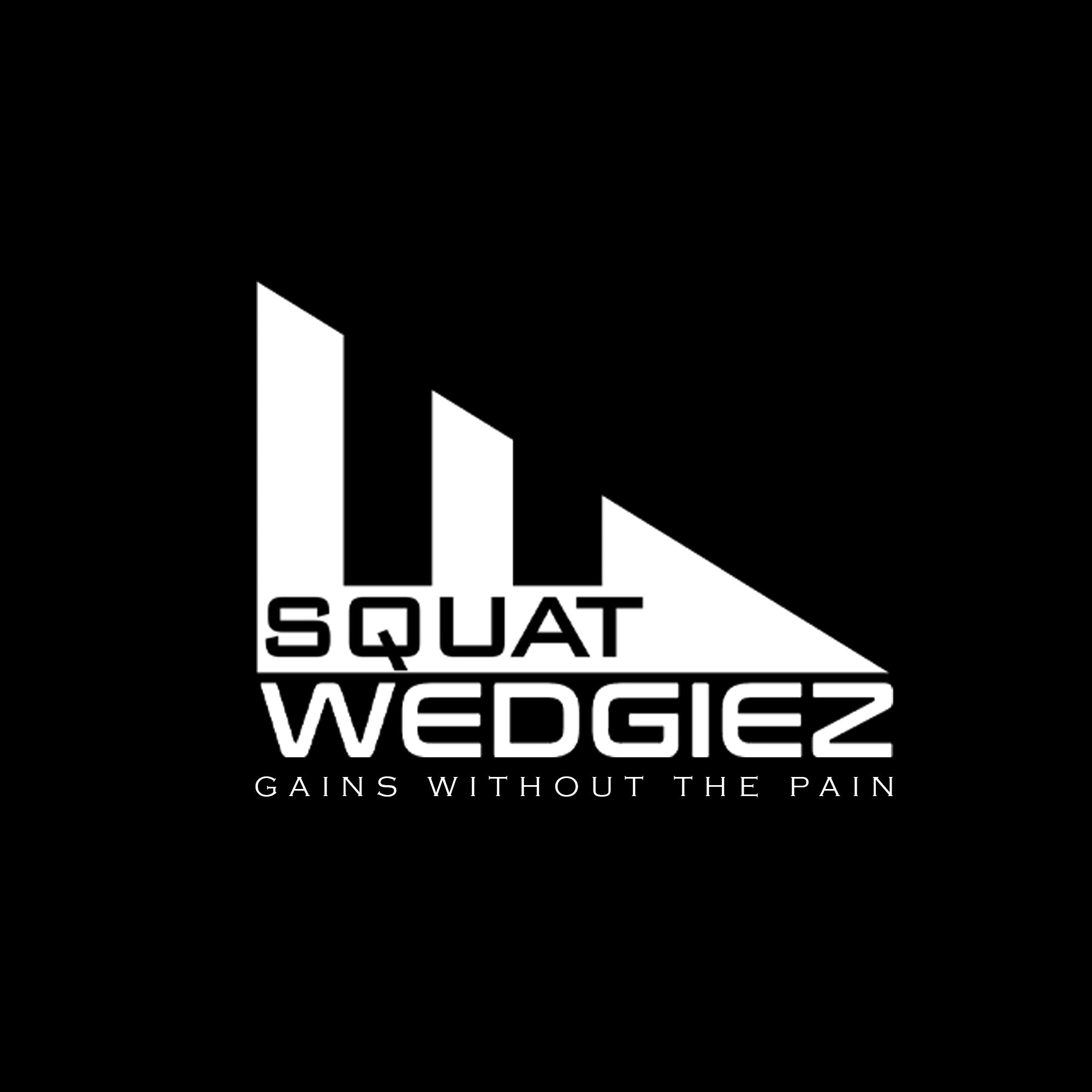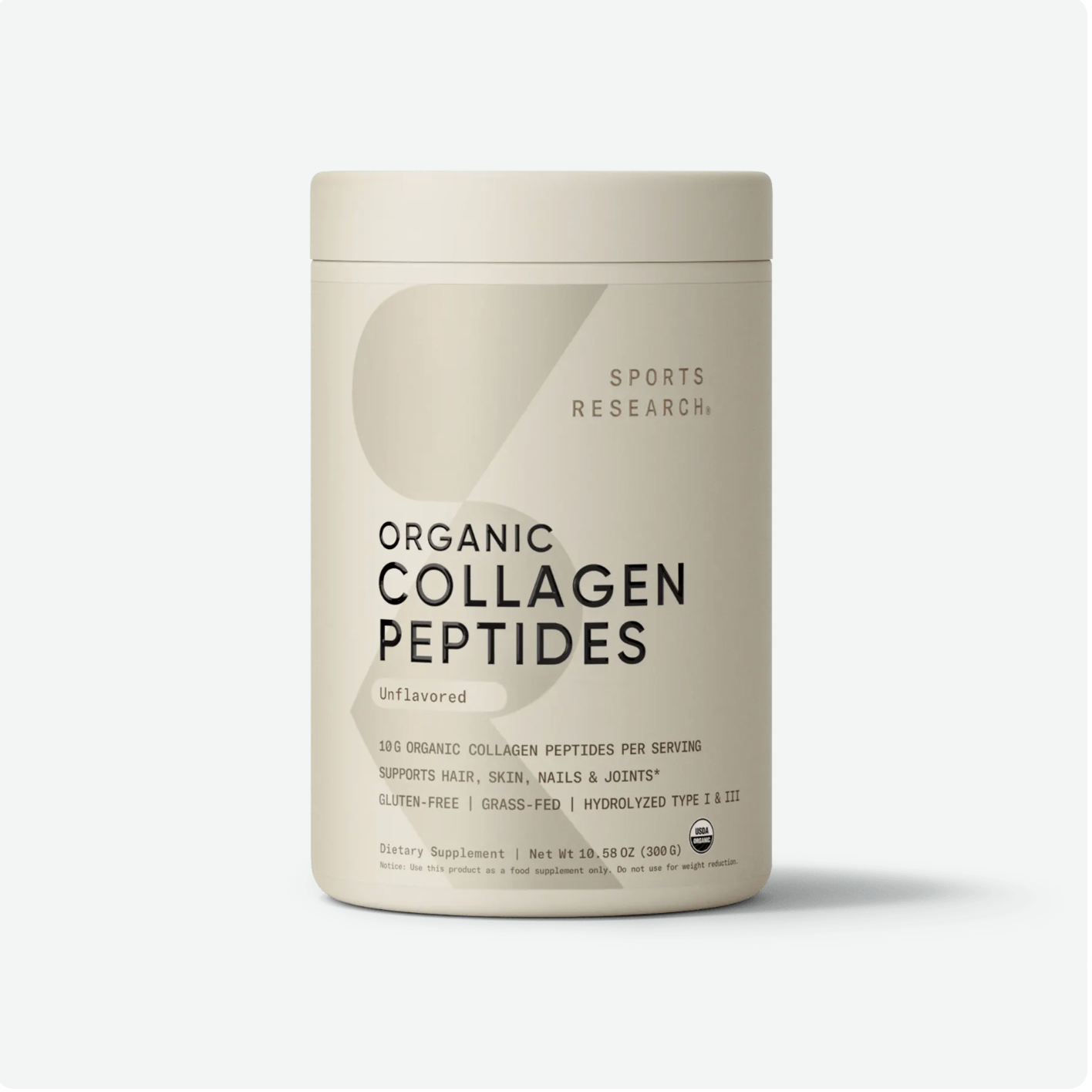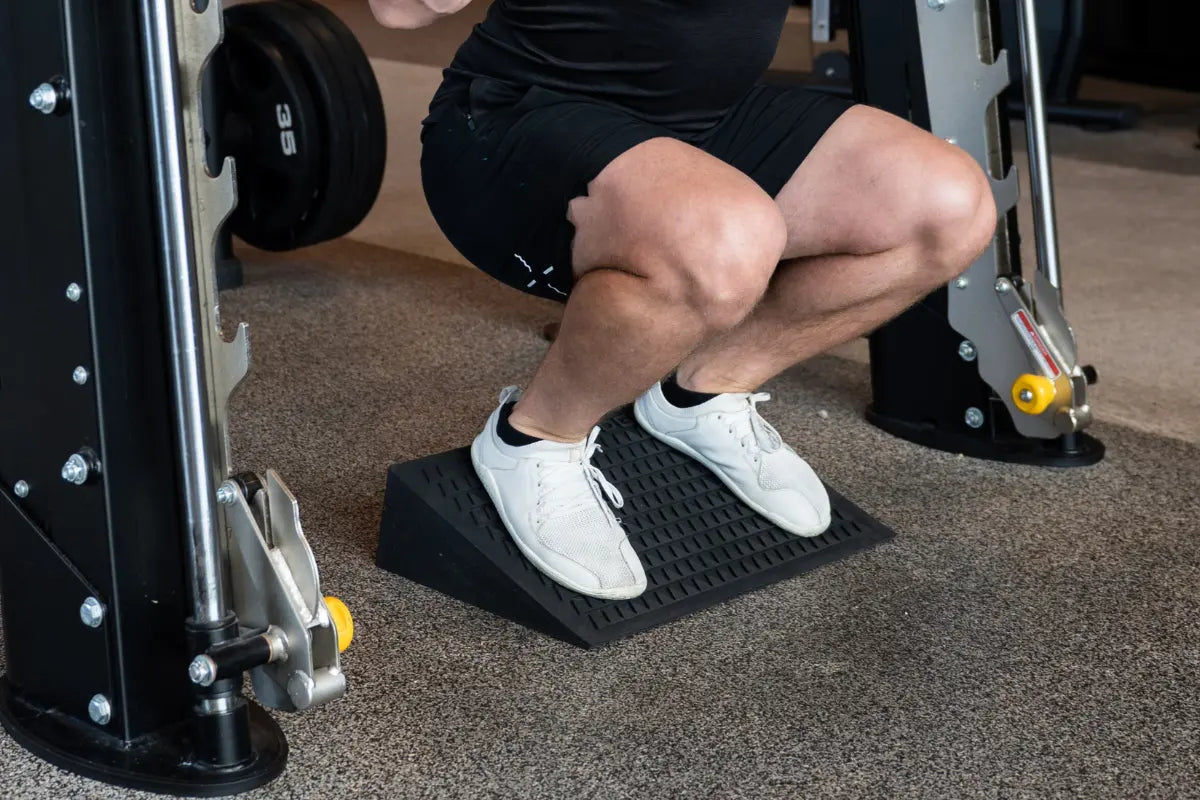Are you a dedicated runner or a gym enthusiast?
If so, you're probably no stranger to the challenges that come with maintaining peak performance. From pushing your body to its limits during workouts to dealing with the occasional aches and pains, staying active can be both rewarding and demanding.
In this blog post, we're about to reveal a game-changing secret that could transform the way you approach your fitness journey. It's all about collagen – the unsung hero that can help you conquer knee pain, prevent injuries, and achieve your fitness goals with newfound confidence.
The Persistent Struggle: Knee Pain for Active Individuals
Runners, in particular, are well-acquainted with the relentless companion known as knee pain. Whether you're pounding the pavement or hitting the trails, the stress on your knee joints can sometimes lead to discomfort that threatens to derail your training progress. This nagging pain can be frustrating, leading many to question their commitment to the sport they love.
But what if there was a solution that could help you not only manage but potentially prevent knee pain?
Let's explore the remarkable potential of collagen supplementation through two groundbreaking studies that could revolutionize your approach to fitness.

Study 1: Collagen Hydrolysate - A Ray of Hope for Knee Pain
The Basics
Collagen hydrolysate might sound like a complex scientific term, but its benefits are refreshingly straightforward. Collagen, the most abundant protein in your connective tissues, plays a pivotal role in maintaining joint health.
Over time, factors such as aging, intense workouts, and repetitive movements can chip away at your collagen reserves, leaving your knees vulnerable to discomfort. Collagen hydrolysate, a nutritional supplement, provides your body with the building blocks it needs to repair and rejuvenate your joints.
The Groundbreaking Study
At Penn State University, researchers embarked on a groundbreaking study to investigate the potential of collagen hydrolysate in addressing knee pain. The study included 147 athletes with no existing joint issues.
These athletes were divided into two groups: one received collagen hydrolysate (CH-Alpha), while the other received a placebo. Over a 24-week period, various parameters, including joint pain and inflammation, were tracked using a visual scale.
The results were nothing short of astonishing. Athletes who took collagen hydrolysate experienced significant improvements in the following five key areas compared to those on the placebo.
- Joint pain when walking
- Standing
- At rest
- Carrying objects
- Lifting
This study marked the first time that collagen hydrolysate was shown to significantly reduce joint pain in athletes. While more research is needed to confirm these findings, the implications are profound. Collagen supplementation could potentially keep your knees feeling younger and more resilient, allowing you to pursue your passion for running or hitting the gym with newfound vigor.
Study 2: Gelatin – Your Secret Weapon Against Injuries
For runners and gym enthusiasts, knee pain isn't the only concern. Musculoskeletal injuries, including sprains, strains, ruptures, and breaks, can derail your training progress and sideline your fitness goals.
But what if there was a way to strengthen your muscles and connective tissues, making them more resilient to the rigors of exercise?
Meet gelatin, the unsung hero of collagen supplementation. In another groundbreaking study, researchers set out to explore whether gelatin supplementation could boost collagen synthesis and, consequently, help protect against injuries.
Your body requires specific amino acids to build collagen, the essential protein in your tendons, ligaments, and muscles. Gelatin is rich in these amino acids, particularly glycine, proline, hydroxyproline, and hydroxylysine. When you consume gelatin, you're providing your body with the raw materials it needs to ramp up collagen production.
The Study
In this study, eight healthy male participants took part in a randomized, double-blinded, crossover-design experiment. They were given either 5 or 15 grams of vitamin C-enriched gelatin or a placebo. Blood samples were collected before and after gelatin consumption, and the participants engaged in rope-skipping sessions to stimulate collagen synthesis. This regimen was repeated over three days.
The results were nothing short of exciting. Gelatin supplementation led to a surge in amino acids related to collagen production within an hour of consumption. Even more impressively, engineered ligaments treated with serum collected post-gelatin consumption showed increased collagen content and improved mechanical properties.
For those who took 15 grams of gelatin an hour before exercise, there was a staggering double-up in amino-terminal propeptide of collagen I in their blood. This marker indicates enhanced collagen synthesis—an essential element in injury prevention and tissue repair.
Gelatin, as a supplement, appears to supercharge collagen production, making your muscles and connective tissues more resilient. It's not a magic bullet, but it's certainly a valuable addition to your arsenal in the fight against injuries.
The Collagen Connection for Runners and Gym Enthusiasts
So, what do these studies mean for runners and gym enthusiasts like you?

Let's break it down:
- Relief for Knee Pain
Collagen offers a ray of hope for those battling persistent knee pain. By providing your body with the essential building blocks for joint repair, this supplement could be a game-changer for runners who want to enjoy their sport without the nagging discomfort.
- Stronger, Resilient Muscles
Gelatin or collagen supplementation could be your secret weapon against musculoskeletal injuries. By increasing collagen synthesis, it helps fortify your muscles and connective tissues, making you more robust and better prepared to handle the physical demands of running and weightlifting.
- Injury Prevention
Both collagen and gelatin supplementation hold the potential to reduce the risk of injuries—a lifeline for athletes who want to stay in the game and avoid lengthy recovery periods.
Practical Applications: Incorporating Collagen into Your Fitness Routine
Now that we've explored the exciting potential of collagen supplementation, it's time to put this knowledge into action. Here are practical ways to incorporate collagen into your fitness routine:
- Take with Vitamin C: Taking your collagen with a minimum of 50 miligrams of Vitamin C can improve absorption and effectiveness.
- Pre-Workout Is Best: Based on the study above, taking it 60 minutes before a workout is the best way to increase collagen synthesis, especially when it is paired with Vitamin C. However, it doesn’t mean that taking collagen post workout or any other time is worthless.
- Consistency is Key: Like any supplement, consistency is crucial. Incorporate 10-20 grams of collagen into your daily routine to maximize its potential benefits
- Peform Resistance Training 2-3x per week: weightlifting and bodyweight training is the best way to stimulate collagen production, so don't skip leg day!
In Conclusion
The world of running and gym workouts can be exhilarating, but it's not without its challenges. Knee pain and musculoskeletal injuries are persistent foes. However, the scientific community is offering athletes like you powerful allies in the form of collagen hydrolysate and gelatin supplementation.
While these supplements aren't magic bullets, they're compelling tools in your arsenal for maintaining joint health, alleviating pain, and fortifying your body against injuries. Remember, always consult with a healthcare professional before adding any new supplements to your routine.
So, lace up your running shoes or grab your wedgie and hit the gym with renewed confidence. Collagen has your back, helping you run farther, squat heavier, and achieve your fitness goals while fortifying yours knees from pain.
And if you are looking to strengthen your knees specifically, then you need to try one of our squat wedges or slant boards. They come with a 90 day risk-free trial, so you have nothing to lose. Try one today by clicking the button below.
Citations
1. Clark KL, Sebastianelli W, Flechsenhar KR, Aukermann DF, Meza F, Millard RL, Deitch JR, Sherbondy PS, Albert A. 24-Week study on the use of collagen hydrolysate as a dietary supplement in athletes with activity-related joint pain. Curr Med Res Opin. 2008 May;24(5):1485-96. doi: 10.1185/030079908x291967. Epub 2008 Apr 15. PMID: 18416885.
2. Shaw G, Lee-Barthel A, Ross ML, Wang B, Baar K. Vitamin C-enriched gelatin supplementation before intermittent activity augments collagen synthesis. Am J Clin Nutr. 2017 Jan;105(1):136-143. doi: 10.3945/ajcn.116.138594. Epub 2016 Nov 16. PMID: 27852613; PMCID: PMC5183725.





Leave a comment
This site is protected by hCaptcha and the hCaptcha Privacy Policy and Terms of Service apply.